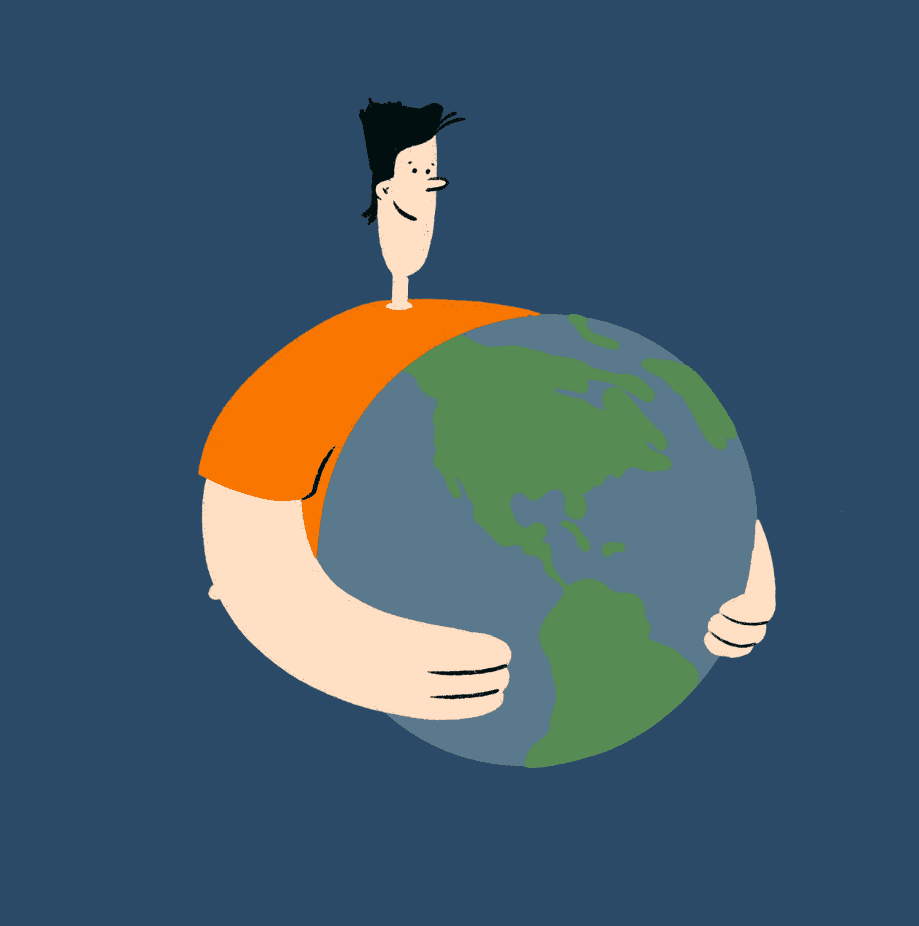La diferencia entre flexitariano, vegetariano y vegano

Este Veganuary, ¡atrévete a probar una dieta 100% plant-based! Pero, ¿qué significa eso realmente?
En los últimos años hemos visto un repunte en la categorización de las dietas: flexitariana, vegetariana, vegana, omnívora, pescetariana, raw food… ¿Estás completamente perdido/a ante esta antología de palabras? No te preocupes, después de leer este blog estarás al tanto de todo y podrás brillar en sociedad.
FLEXITARIANO/A
Llevar una dieta flexitariana implica reducir drásticamente el consumo de carne y pescado sin detenerlo por completo. Es una práctica de alimentación flexible que permite a algunas personas hacer la transición entre la dieta omnívora y el vegetarianismo o veganismo. Por lo tanto, un flexitariano tendrá una dieta más variada con más frutas y verduras, así como productos integrales.
Por ejemplo, el 10% de la poblacion española se considera flexitariana, pero no todos tienen los mismos requisitos: el 7 % sigue consumiendo carne todos los días, el 12 % algunas veces a la semana y el 5 % ocasionalmente. De la misma manera, una cierta parte de la población francesa no dice ser flexitariana aunque consume regularmente platos que contienen solo proteínas vegetales sin necesariamente darse cuenta. El flexitarianismo no somete a ninguna restricción dietética, por lo que depende de cada uno hacer los esfuerzos deseados en términos de reducción de su proteína animal.
VEGETARIANO/A
A diferencia del flexitarianismo, el vegetarianismo (ser vegetariano/a) excluye ciertos alimentos de su consumo. Los vegetarianos no comen alimentos que requieran la muerte de un animal. Sin embargo, existen varias alternativas dentro de esta dieta que contrastan esta definición:
Pesco-vegetarianismo: incluye productos lácteos, huevos y pescado, pero excluye la carne.
Lacto-ovo-vegetarianismo (sí, este nombre es complicado): incluye lácteos, huevos pero excluye carne y pescado.
En definitiva, si eres vegetariano puedes elegir lo que excluyes o no según tus necesidades dietéticas siempre y cuando no consumas carne.
VEGANO/A
Las personas que llevan una dieta vegana no consumen productos de origen animal, solo los del mundo vegetal. Así, donde los vegetarianos pueden consumir miel o leche, los veganos la consumen porque proviene de abejas o vacas.
Ser vegano no se limita exclusivamente a la dieta de una persona. Ser vegano significa adoptar un estilo de vida específico, vinculado a la protección de los animales. Más allá de no comer productos de origen animal, no se visten con lana o piel, no van a circos o zoológicos, no compran zapatos de cuero, no usan cosméticos testados en animales…
¡Y ya está! Esto es, de forma resumida, los conceptos esenciales. Aunque todas tienen sus especificidades, estas dietas tienen un objetivo común: incrementar el consumo de productos 100% vegetales y relegar las proteínas animales a un segundo plano o al olvido.
Según un estudio realizado por The Green Revolution, más de 5 millones de españoles quiere consumir más productos vegetales y reducir su consumo de productos de origen animal. Las razones son simples: por su salud, bienestar animal y protección del medio ambiente. Por lo tanto, el veganismo o incluso el flexitarianismo y el vegetarianismo no son solo un "efecto de moda", sino una tendencia que está creciendo a largo plazo. Según un estudio realizado por Bloomberg Intelligence, se estima que el mercado global de alimentos veganos tendrá un valor de más de $162 mil millones para 2030.
Así que, seas vegetariano, omnívoro o incluso flexitariano, sea por tu salud o por la protección de los animales, ¡no tienes excusa para no embarcarte en la aventura Veganuary! ¡Consumir alimentos 100% de origen vegetal durante el mes de enero te permitirá descubrir nuevas perspectivas alimentarias que seguro te encantaran!
Para darte un empujón durante este desafío o simplemente para probar la comida vegana, Vegan Food Club te ofrece una oferta especial de Veganuary: 30% de descuento en tus primeros 3 pedidos con el código BVEGAVFC.
